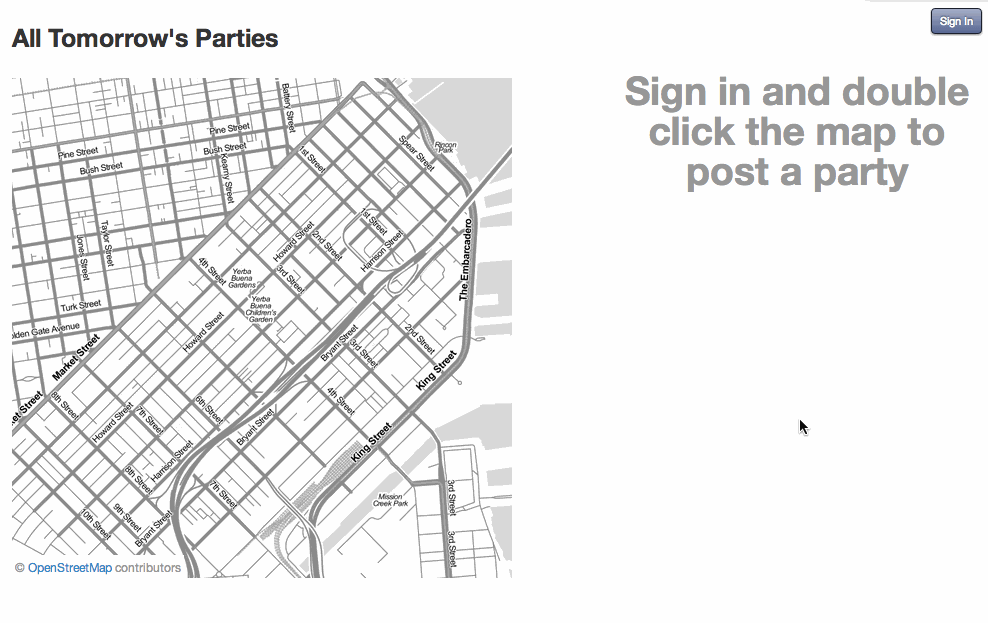Auth0 login service for use with Meteor Auth.
- Create an
OpenID Connect (OAuth2) Webapplication from Auth0 Dashboard. - Set App Callbacks URLs to:
{YOUR_APP_BASE_URL}/_oauth/auth0. - Go to your application and configure the login service from server-side code:
ServiceConfiguration.configurations.remove({ service: 'auth0' });
ServiceConfiguration.configurations.insert({
service: 'auth0',
domain: '{YOUR_AUTH0_DOMAIN}',
clientId: '{YOUR_AUTH0_CLIENT_ID}',
clientSecret: '{YOUR_AUTH0_CLIENT_SECRET}'
});ServiceConfiguration.configurations is exported by the service-configuration package:
meteor add service-configuration
mrt add accounts-auth0- Use accounts-ui to handle login experience, or directly call:
Meteor.loginWithAuth0();
// or specifying additional parameters like connection or popupOptions:
Meteor.loginWithAuth0({ connection: 'google-oauth2', popupOptions: { width: 320, height: 350 } });You can find useful info about the Meteor Accounts API from here.
Browse the sample on GitHub from here
- accounts-base
- accounts-oauth
- auth0
Closely based on the accounts-github package.
Auth0 helps you to:
- Add authentication with multiple authentication sources, either social like Google, Facebook, Microsoft Account, LinkedIn, GitHub, Twitter, Box, Salesforce, amont others, or enterprise identity systems like Windows Azure AD, Google Apps, Active Directory, ADFS or any SAML Identity Provider.
- Add authentication through more traditional username/password databases.
- Add support for linking different user accounts with the same user.
- Support for generating signed Json Web Tokens to call your APIs and flow the user identity securely.
- Analytics of how, when and where users are logging in.
- Pull data from other sources and add it to the user profile, through JavaScript rules.
- Go to Auth0 and click Sign Up.
- Use Google, GitHub or Microsoft Account to login.
If you have found a bug or if you have a feature request, please report them at this repository issues section. Please do not report security vulnerabilities on the public GitHub issue tracker. The Responsible Disclosure Program details the procedure for disclosing security issues.
This project is licensed under the MIT license. See the LICENSE file for more info.
